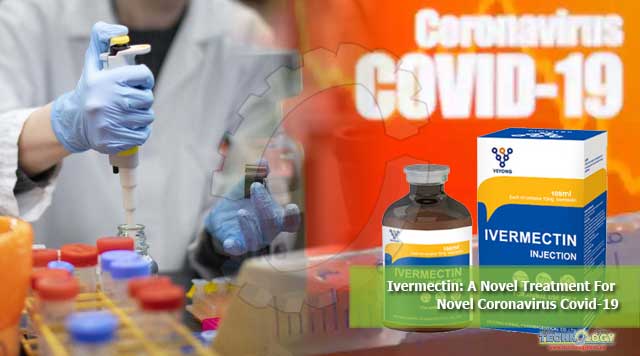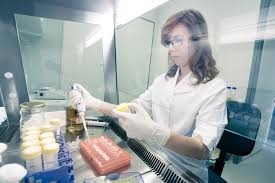India: Ivermectin Could Prevent Coronavirus Infection

India: Ivermectin can prevent Coronavirus infection
Researchers from India conducted drug tests on medical staff who came into contact with COVID-19 patients and believed that a drug could prevent the infection of the new coronavirus. This drug is called “ivermectin” (ivermectin), it appeared in previous studies, laboratory tests showed that this drug is effective in the treatment of new coronavirus. The researchers said that ivermectin can reduce the risk of the spread of the new coronavirus, but there are several limitations that may affect the conclusion. More research is needed to prove that the drug can prevent or delay infection.
Scientists from the Bhubaneswar branch of the All India Institute of Medical Sciences (AIIMS) conducted in vitro tests with ivermectin and found that the drug can effectively block SARS-CoV-2. They published the results of the study in early April and pointed out that actual patients need to be studied to determine whether the drug is really effective. Ivermectin is already a drug approved worldwide, which can treat various diseases caused by various pathogens, including head lice, scabies and various worms. The drug has been used for other infectious diseases, including HIV, dengue fever and Zika virus.

- Prevent Coronavirus Spreading With Right Mask: 3 Points to Know
- Steps to help prevent the spread of COVID-19 if you are sick
- Test Kit for Coronavirus: SARS-CoV-2 Nucleic Acid Detection Kit (Rapid PCR Fluorescence Method)
- Symptoms (COVID-19)
- How does ZeroVirus protect us from virus?
Researchers conducted a study between September 20 and October 19 and concluded that in one study, taking two doses of ivermectin as a preventive measure reduced COVID-19 infections by 73% , Which raises some questions.
The doctors selected 372 medical staff for the study, and half of the patients tested positive for COVID-19. They divided the patients into different groups, and each group took different preventive measures, including a single dose of ivermectin (77 negative, 38 positive); vitamin C (38 negative, 29 positive); an interval of three days Double-dose Ivermectin (94 people participated, but 26 people did not adhere to the double-dose regimen); Hydroxychloroquine (12 negative and 6 positive). It is not clear why hydroxychloroquine is included. Various studies so far have shown that this drug is not effective in blocking or treating COVID-19.
Scientists have concluded that ivermectin can reduce the risk of transmission, while vitamin C and hydroxychloroquine have no effect. “Earlier, at least 20 to 25 (medical workers) were infected with the virus every day,” said AIIMS director Gitanjali Batmanabane. “After they started taking ivermectin, the number of infections has dropped to one or two per day.” But the researchers said that a single dose of ivermectin did not reduce the infection rate.
At first glance, the results seem promising, but there are still some problems. This is not a randomized placebo-controlled double-blind study, nor is it a standard for clinical trials, but an observational trial. Randomized trials that compare ivermectin to standard care can better determine whether the drug has actual preventive effects and whether it is effective for COVID-19 treatment. After all, some of the patients who received drug treatment in this trial have been infected with the new coronavirus. This research has not been reviewed.
